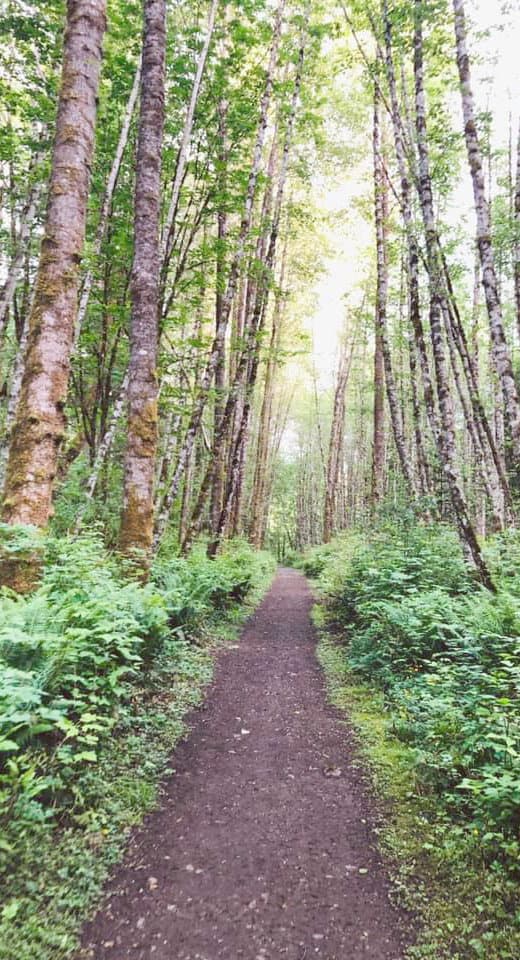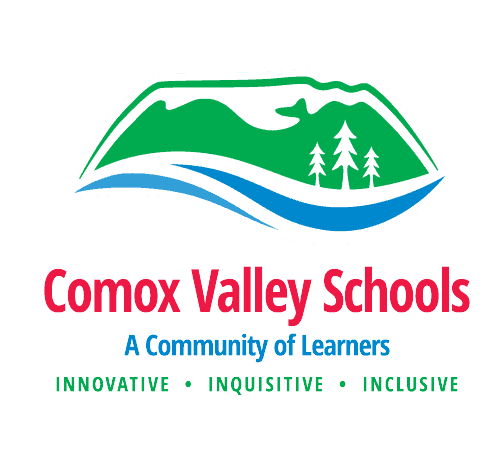Frequently Asked Questions
Q. What does Indigenous Education offer students and families?
Indigenous Education is here to support the emotional, social, and academic needs of all self-identified Indigenous students in School District 71. One primary way we support our students is through the presence and connection with our Indigenous Support Workers.
Q. What is an Indigenous Support Worker?
An ISW supports Indigenous student academic success, behavioral change and personal growth while recognizing the importance of their cultural heritage and traditions.
They act as an advocate/role model/mentor and perform a variety of tasks to accomplish this. Indigenous Support Workers connect and build meaningful relationships with students and families to support their individual needs whether it be advocacy, academic, identity, well being and/or cultural.
Q. What does Self-Identify mean?
Self-Identification of Indigenous Ancestry means that your child identifies as having Indigenous Ancestry, even if it is from several generations ago. To access Indigenous Education support and services, proof of ancestry is not required.
Students and families may be just starting their journey in coming to know their Indigenous culture. Within Indigenous Education, many on our team have undertaken a similar path in exploring who they are and where they come from and support all students in doing the same.
Q. What is the Indigenous Education Enhancement Agreement?
The IEEA is a working agreement between a school district, all local Indigenous communities, and the Ministry of Education designed to enhance the educational achievement of Indigenous students.
The IEEA establishes a collaborative partnership between Indigenous communities and school districts that involves shared decision-making and specific goal setting to meet the educational needs of Indigenous students. It is used as a primary tool to increase student success and to bring Indigenous learning to all students.
A link to the most recent agreement can be found at Indigenous Education Enhancement Agreement – Governance – Indigenous Education (comoxvalleyschools.ca)
Q. What are the four goals outlined in the IEEA?
- Goal 1: To increase every Indigenous Student’s sense of belonging, cultural identity, and self-esteem.
- Goal 2: To increase the academic success of all Indigenous students through personalized learning.
- Goal 3: To increase the awareness and understanding of First Nations, Metis, and Inuit history, traditions, and culture for all students.
- Goal 4: To increase Indigenous students’ skills, qualities, and confidence in leadership.
Q. How does the Indigenous Support Worker support my child?
The ISW works daily to support student success through the 4 goals. This is accomplished in many ways; often connecting with students covers more than one of the goals. Some examples include:
- Regular personal contact with each Indigenous student
- At the Elementary level, greeting students at the school entrance in the morning, hosting student recess and lunch-time gatherings, drop in or pre planned classroom visits, connections in the hallway, during class library or music time, outside during school wide breaks, visiting classes during breaks, host a club, present in the hallways during breaks and transition times, leaving a positive note on a student’s locker or desk, drop in times in ISW space.
- At the secondary level, greeting students at the school entrance in the morning, hosting student recess and lunch-time gatherings, drop in or pre planned classroom host a club, group, present in the hallways during breaks and transition times, visit the gym, cafeteria or any other spots kids gather, leaving a note on a student’s locker, drop in times in the ISW space.
- Academic, cultural and/or personal support (in classrooms or in Indigenous Support Worker’s room
- Attending SBT, IEP and Indigenous student related meetings.
- Sharing info about Special Events / Field trips.
- Advocating on behalf of Indigenous students with Administration, Teachers and LSTs.
- Provide healthy food to students in need during school day through various means (Healthy snacks, soup program etc…)
- Contacting parents/guardians to discuss student progress, concerns and sharing successes.
- Supporting families to navigate school and community systems; providing information to families related to school district and community services.
- Supporting the organization of special Indigenous cultural events and projects including cultural presenters/presentations (in classes, grades or school-wide).
- Supporting school staff to access InEd Cultural Support Teachers
- Supporting field trips that are Indigenous focused or led
Q. What is the role of the Indigenous Child and Family Program Worker?
The program worker assists families K-7 in accessing community resources and programs, supporting concerns and challenges, assists families in navigating educational systems, may act as an advocate for student needs.
Q. How do I connect with Indigenous Education to access support for my child(ren) and family?
We encourage you to connect with Indigenous Support Worker(s) at your child(ren)’s school. They will help to answer your questions and help you to connect (register) for support and services. Additionally, you can contact the Indigenous Education Centre by calling 250-331-4040.


